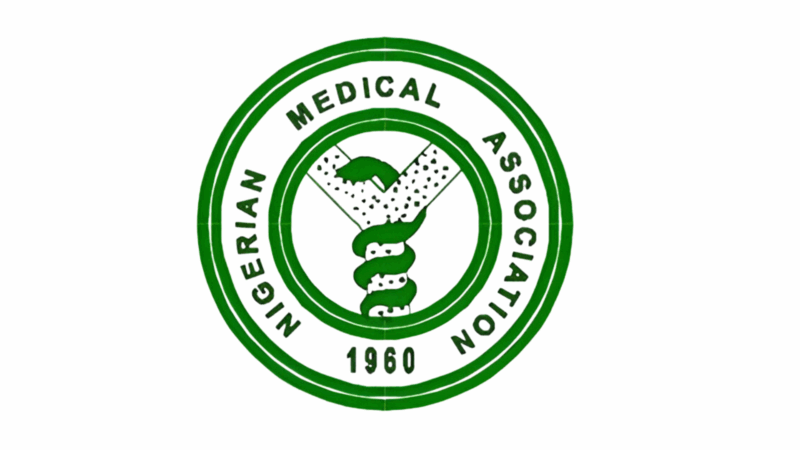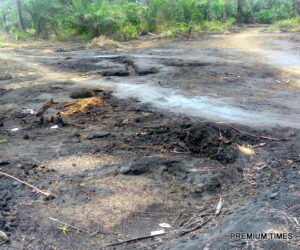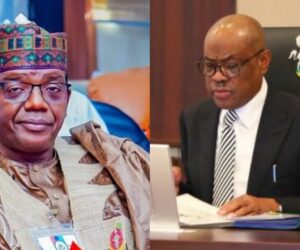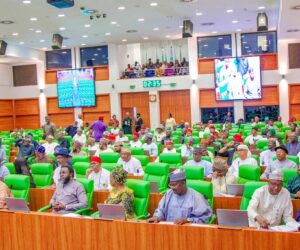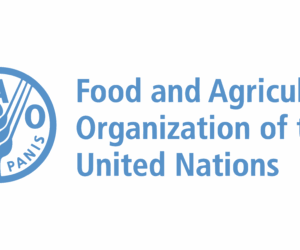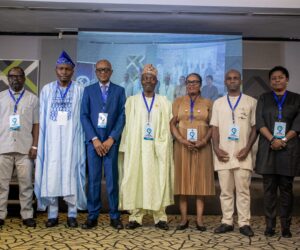The Nigerian Medical Association (NMA) has said the country’s health sector is still plagued by chronic underperformance, with little progress made despite its potential.
In a statement marking Nigeria’s 65th independence anniversary, NMA Lagos State chairman, Saheed Kehinde, outlined the sector’s failings and proposed urgent reforms.
According to him, the country’s health system has continued to struggle with little or incommensurate achievements, leaving both health professionals and patients in an unconducive environment.
In his national broadcast earlier today, President Bola Tinubu said his administration is investing savings from fuel subsidy removal and foreign exchange reforms into healthcare and other key sectors of the economy.
Mr Tinubu explained that the government reforms were designed not only to stabilise the economy but also to expand access to essential services such as hospitals and education.
But while the president highlighted planned gains from the reforms, doctors say the country’s health sector remains in crisis.
Poor funding and misplaced priorities
Mr Kehinde criticised the federal and state governments for failing to meet the 15 per cent health budget benchmark agreed under the 2001 Abuja Declaration.
He noted that current allocations remain between four and six per cent, far below what is required to strengthen the system.
He also faulted what he described as “elephant projects” that consume vast sums of money but have little impact on the population, arguing that poor financing and mismanagement continue to undermine healthcare delivery in the country.
Weak primary healthcare and coverage gaps
Mr Kehinde also warned that neglect of the primary healthcare system, the bedrock of any nation’s medical services, has weakened overall delivery.
“Primary healthcare has vertical positive effects on secondary and tertiary healthcare systems. Unfortunately, it remains largely ignored,” he said.
He added that Nigeria has not achieved universal health coverage through its health insurance schemes.
At the same time, health institutions remain poorly structured, ill-equipped, and unable to cope with the needs of the population.
Workforce plight and medical tourism
The NMA Lagos state chairman also expressed concern over the worsening brain drain, popularly called “Japa syndrome,” which continues to see doctors and other professionals leave the country for better opportunities abroad.
Mr Kehinde also condemned the government’s weak response to medical tourism, which drains scarce resources while leaving local facilities underdeveloped.
“The poor, inadequate and worthless remuneration of the health workforce is fuelling an exodus that threatens the survival of our health sector,” he said.
He warned that the trend could cripple the nation’s ability to provide effective care.
Reform priorities outlined
Mr Kehinde argued that reversing the brain drain will require improved pay, better welfare packages, and greater training, research, and infrastructure investment.
He emphasised the need to standardise healthcare across the primary, secondary, and tertiary levels, while strengthening financing with prudent management, accountability, and transparent auditing processes.
He also called for the appointment of competent doctors as ministers, commissioners, and hospital administrators, insisting that integrity, humility, and empathy should be non-negotiable qualities for such positions.
Beyond leadership, he advocated the construction of infectious disease hospitals and trauma centres in every state and multi-speciality centres for cancer, cardiac, renal, paediatric, and other forms of care.
He said an expansion of health insurance coverage and significant improvements in service delivery under the country’s Health Insurance Scheme were also urgently required.
READ ALSO: Nigeria @ 65: NOA calls for deeper reflection on national values
Lagos State in focus
Mr Kehinde acknowledged that Lagos state has recorded improvements but insisted that major gaps remain.
He called for the reinstatement of the pre-April 2025 salary scale for healthcare workers, the implementation of non-taxable call duty allowances, and the prioritisation of primary healthcare through the construction of more facilities and the employment of additional doctors.
He said the shortage of bed spaces across the state must be addressed alongside strengthening referral systems.
He also urged the government to expand general hospitals in underserved areas such as Ojo, Alimosho, Epe, Ajah, Ikorodu, and Oshodi.
The NMA further demanded a review of the 2006 Lagos State Health Sector Reform Law, alongside the establishment of specialist hospitals in different senatorial districts to cater for mental health, paediatrics, cardiac, renal, cancer, and orthopaedic care.
Mr Kehinde also called for improvements in the Lagos State Health Insurance Scheme (LASHMA) and proposed the convening of a Lagos State Health Summit to chart a new course for reforms.
He stressed that reforms in the sector must be driven by integrity, humility, and empathy, noting that Nigeria’s declining health indices will remain unresolved without strong political will.

